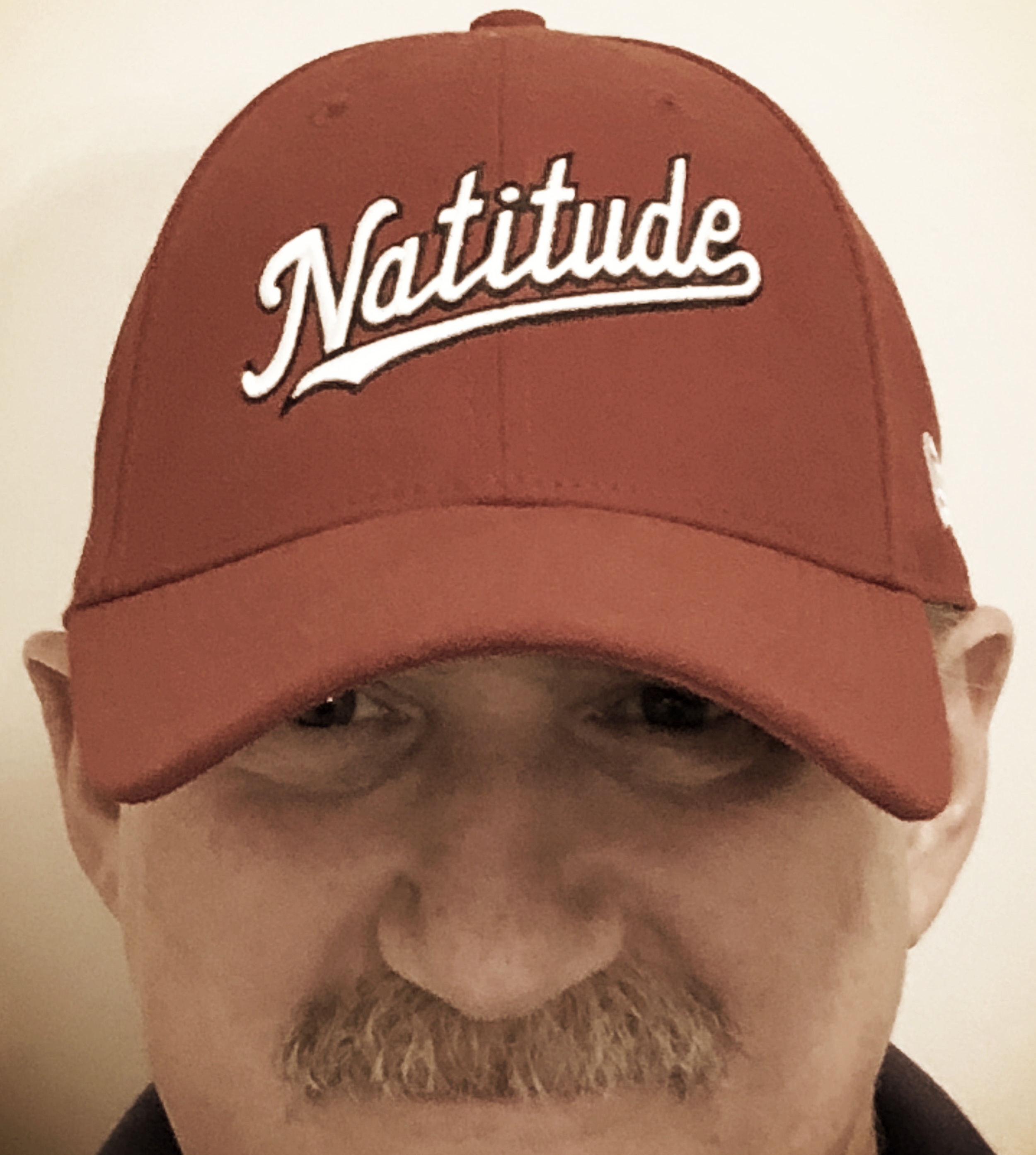Afraid
It may seem like all you ever hear about these days is another loved one, relative, friend or colleague getting diagnosed with cancer. It's a terrible thing - but statistically it's not the MOST terrible thing. That dubious claim goes to heart disease. According to the CDC, in 2021, the five leading causes of loss of life in the US were:
Heart disease: 695,547
Cancer: 605,213
COVID-19: 416,893
Accidents (unintentional injuries): 224,935
Stroke (cerebrovascular diseases): 162,890




